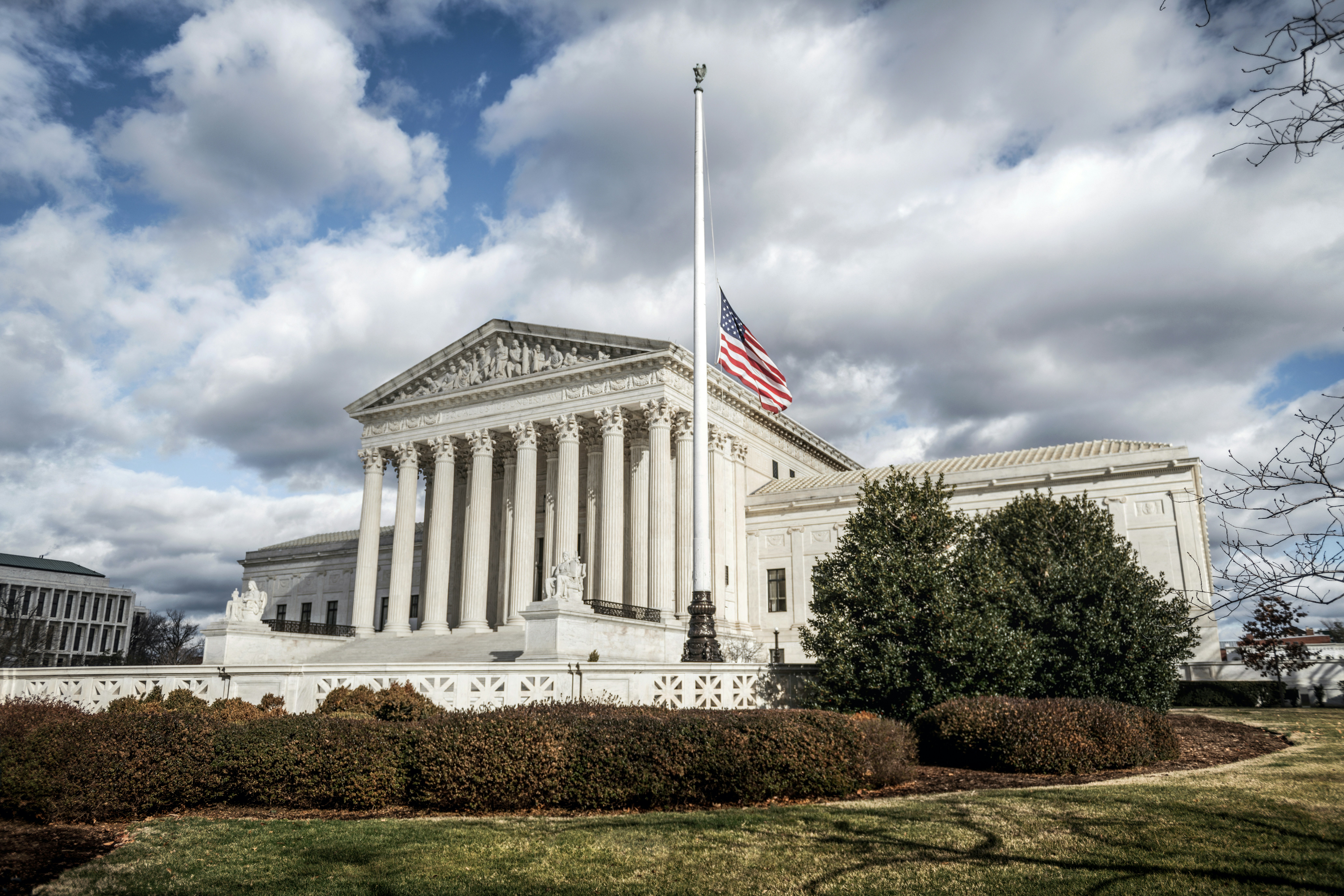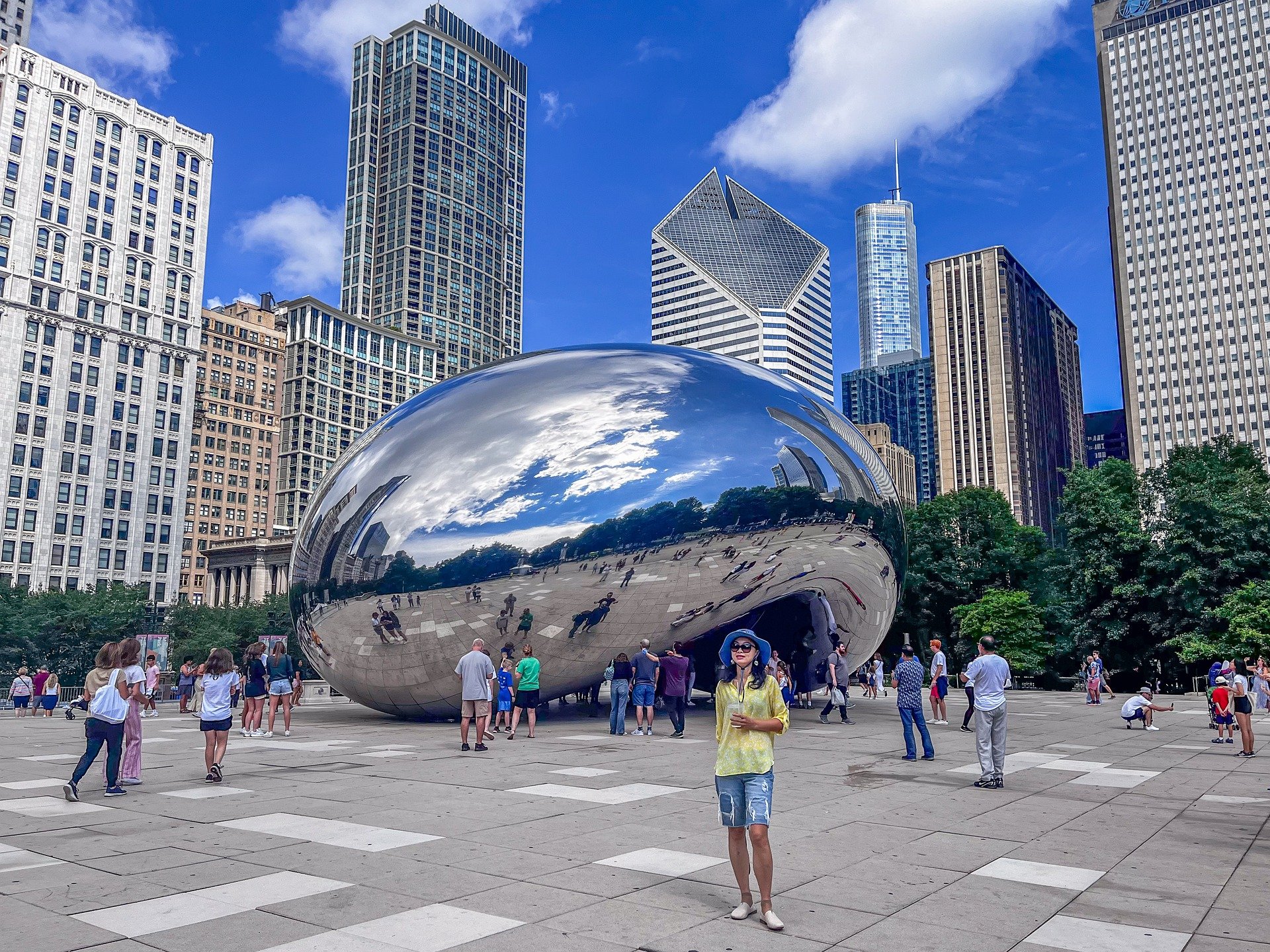"Deciphering the Doctrine of Qualified Immunity: A Thorough Examination"
Introduction: The doctrine of qualified immunity, a staple of American law, has been a subject of intense debate in recent years. This article provides a fresh perspective on the doctrine, its historical context, and its implications on society. Qualified immunity finds its roots in judicial interpretations of the Civil Rights Act of 1871. The Act, also known as the Ku Klux Klan Act, was designed to protect individuals from abuses by state actors, particularly in the post-Civil War South. Over time, courts interpreted the Act to include a certain level of protection for government officials from lawsuits, eventually formalizing this protection as the doctrine of qualified immunity.

The Evolution and Controversy of Qualified Immunity
Originally, the doctrine was designed to protect government officials who acted in good faith and believed their actions were lawful. However, it has since evolved into a broader shield, often protecting officials from civil lawsuits even when they violate a person’s constitutional rights.
This broad application of the doctrine has sparked controversy. Critics argue that it provides excessive protection for government officials, eroding accountability and undermining the public’s trust in government institutions. Proponents, however, contend that the doctrine is necessary to prevent frivolous lawsuits and protect public servants from personal liability.
The Recent Legal Debates on Qualified Immunity
In recent years, several high-profile cases have brought the doctrine of qualified immunity under scrutiny. These cases often involve police officers and allegations of excessive force or misconduct. Critics of the doctrine argue that it makes it nearly impossible for victims of police misconduct to seek redress in court.
These cases have also ignited discussions about potential legislative changes. Some lawmakers propose eliminating or significantly reforming the doctrine. However, such legislative changes face significant opposition, reflecting the complex and contentious nature of this legal issue.
The Impact of Qualified Immunity on Society
The doctrine of qualified immunity has profound societal implications. On one hand, it shields government officials from the potential financial burden of lawsuits, which could deter individuals from public service. On the other hand, it can impede the pursuit of justice for victims of governmental misconduct.
The Future of Qualified Immunity
The future of qualified immunity remains uncertain. As legal debates continue and societal perspectives shift, lawmakers and courts will grapple with balancing the need for accountability and the protection of individuals in public service. As citizens, understanding the doctrine of qualified immunity is critical to participating in this important discussion.
In conclusion, the doctrine of qualified immunity is a complex and contentious aspect of American law. Its history, evolution, and impact on society are integral to understanding current legal and societal debates. As these debates continue, the future of this doctrine will undoubtedly shape the landscape of civil rights and governmental accountability in the United States.






